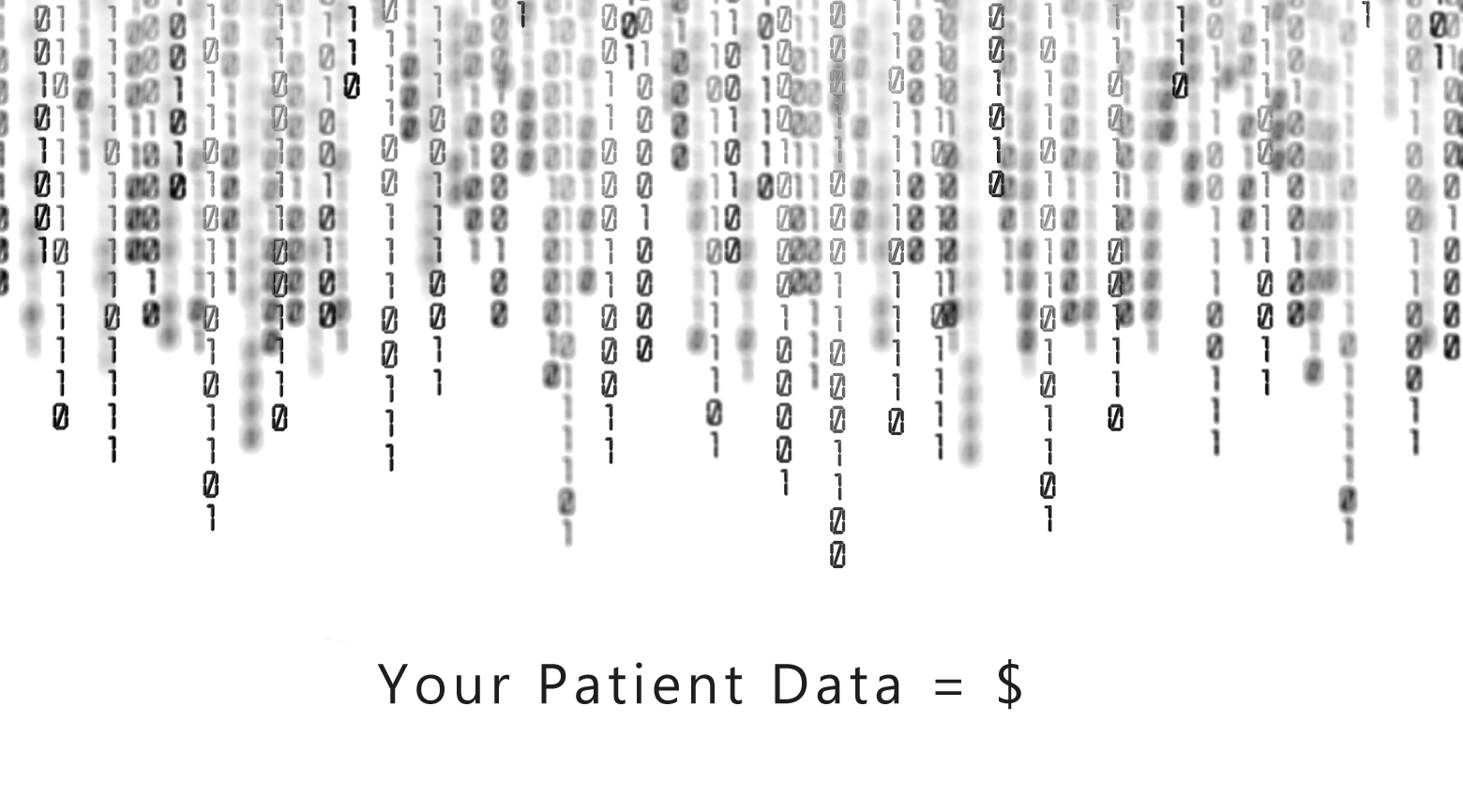
by medicaltechont | Apr 12, 2021 | Uncategorized
Companies are increasingly using the huge amount of medical data they collect for research. It’s a business worth billions of dollars, and sometimes those discoveries can be the foundation of new profit-making products and companies. But who is profiting from your medical data? Its an interesting situation. More worrying to see is what has happened in the past, with critical patient data. Some interesting articles below:
Corporations Want Your Health Records. Who’s Keeping Them Safe?
Amazon Sued for Hosting Florida Provider’s Stolen Healthcare Data
Facebook and Health Net hacks drive home the need for a national privacy law
The Billionaire Who Controls Your Medical Records
Babylon Health app error allowed U.K. users to watch videos of other patients’ private doctor visits


by medicaltechont | Oct 8, 2016 | eHealth, Privacy
The cash-strapped provincial government wants to cash in on the patient data collected by eHealth Ontario without compromising privacy or privatizing record-keeping.
The cash-strapped provincial government wants to cash in on the patient data collected by eHealth Ontario without compromising privacy or privatizing record-keeping.
With the controversial electronic health agency’s 10-year mandate expiring at the end of 2017, Queen’s Park is looking at what’s next for eHealth.
Health Minister Eric Hoskins on Friday asked Premier Kathleen Wynne’s privatization guru, Ed Clark, for help “in valuing public and private assets with respect to Ontario’s digital health strategy.”
“I would ask you to provide the government with a value assessment of Ontario’s digital health assets and all related intellectual property and infrastructure,” Hoskins wrote in an open letter to Clark.
Read more at https://www.thestar.com/news/queenspark/2016/10/07/liberals-want-to-know-cash-value-of-ehealth.html

by medicaltechont | Jan 2, 2014 | Cloud, e-Health, eHealth, Ontario, Privacy, Technology
We are using the cloud more and more. As Internet connections get faster and more reliable, the convenience of having all our data available on all our devices becomes ever more attractive.
However, there are disadvantages to using cloud services, particularly the free of charge ones that still have to make a profit somehow. There are many valid, albeit scary, questions you’ll want to mull over before trusting a third party to keep your data safe and we’ve listed them below.
The answers, as you will discover, in this feature are generally not what you want to hear:
- Privacy – is your data stored or is it being mined for advertising and marketing purposes?
- Reliability – can you be certain that the service you’re using will always be available? What guarantees do you have regarding the safety of your data and is there anything you can do to improve this?
- Security – is your data encrypted? Who has access to the encryption keys? Could your data be hacked or stolen?
- Continuity – Can the cloud provider suspend or cancel your account, possibly even losing all your data, for any reason?
- Performance – Is your Internet connection fast enough to use the services you want without delays?
- Copyright – who owns the content you upload? Can your photos be sold or published without your consent?
Read more

by medicaltechont | Oct 5, 2013 | e-Health, Software, Technology
The computer software company Adobe has been hacked, potentially compromising the data of 2.9 million customers, the company revealed on Thursday.
Adobe said “sophisticated attacks” had been carried out “very recently”.
“Our investigation currently indicates that the attackers accessed Adobe customer IDs and encrypted passwords on our systems,” said Brad Arkin, chief security officer at Adobe.
“We also believe the attackers removed from our systems certain information relating to 2.9 million Adobe customers, including customer names, encrypted credit or debit card numbers, expiration dates, and other information relating to customer orders.”
Arkin said he did not believe the attackers had removed decrypted credit or debit card numbers from its systems.
“We deeply regret that this incident occurred,” he said. Arkin did not specify the level of encryption of the data stolen.
Read more
[polldaddy poll=7451986]






